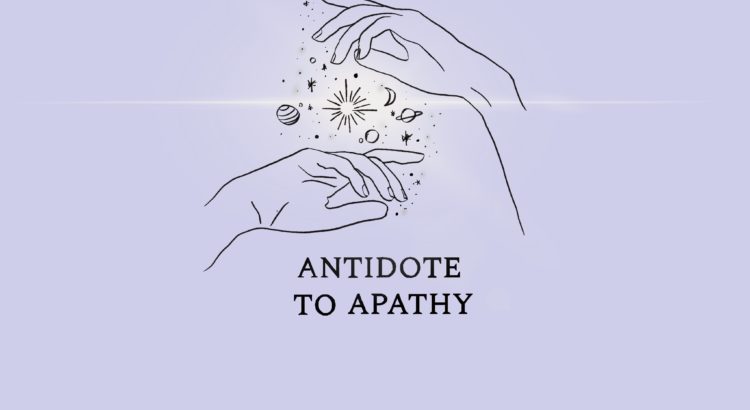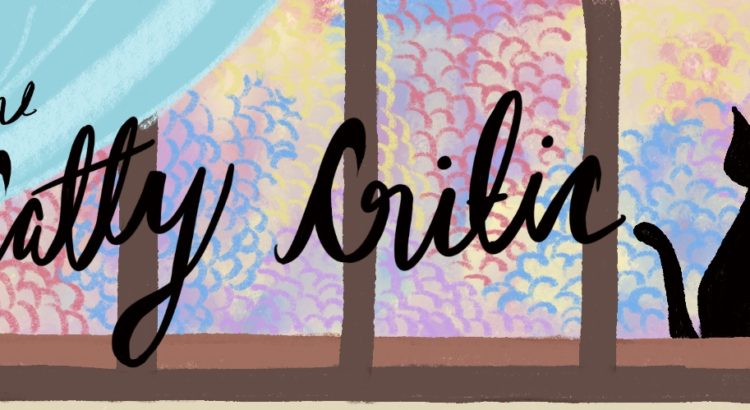I’ve been thinking about the representation of marginalized communities in the arts a lot lately. My thoughts on the underrepresentation of POCs in American popular culture is slowly turning into an understanding of the misrepresentation of POCs in the little space we do get in the creative sphere. People with any understanding of popular “liberal” discourse are always pushing for more strong, leading, and nuanced characters on the big screen and in the bestselling novels– and so we get a black lead in Star Wars, a half-Korean teanager in To All the Boys I’ve Loved Before, and all-Asian cast in Crazy Rich Asians, a way to offset Islamophobia with a relatable Arab f-boy in Ramy. But something about this all still feels grossly unsatisfactory to me. Something is essentially off about these representations of POCs.
To me, they still seem to be obviously whitewashed, catered to suit the image of POCs that white people are comfortable seeing, an image that sinks down to the level of a white audience and lays identity out on the table: this is what it means to be in an interracial relationship, this is what this foreign word means, this is how benign POCs are– see! They’re just like us! In an effort to be palatable, I think artists of color often water down their work and cater it to the whims of a white gaze.
I think, of course, that it is important that we’re getting narratives about people of color made by people of color, of course– I cannot belittle the importance of all the works I’ve mentioned and they are continuing to complexify our politics of representation. We need a multiplicity of representation, so many that it mirrors our own complex and diverse experience, and dispels our monolithic perception– we need good, bad, poor, rich, suburban, inner-city, gendered, intersectional stories. Not one work of art can possibly do all the work to end racism or discrimination, because not one person of color is perfect.
But sometimes, I think even artists of color have a hard time making their work authentic. I think they often perform authenticity as a way to prove to a white audience that they are equals to the WASP. For instance, Ramy, a show about a confused, hilarious, and relatable Egyptian-American Muslim in New Jersey tracks the highs and lows of his love life and his relationship with himself and his faith. But for a show that was so widely well-received, it made me cringe with annoyance. It was trying so hard to appease a white audience, trying to make Muslims seems “human” and “normal”– both of which de facto meant whitewashed. In the first episode, we see Ramy on a date with a girl who his mother set him up with, and he says, flirting, as they walk through the city sharing ice creams, her laughter interspersed throughout the monologue:
Look, I know it was terrible, but the day the Muslim ban happened, I had a really good day. Like, personally, you know? It was just, like, one of the those days. Remember– the weather was great. I killed it at this meeting. I found a Metro Card that had $120 on it. That doesn’t happen! It was wierd, ‘cause I’m watching the news and this guy on TV is like, ‘this is a terrible day for all Muslim.’ I’m like, ‘well… not all Muslims.’
It’s certainly not outside the realm of possibility that a Muslim would say this, and it’s certainly not unfathomable that this is a likely scenario. But what makes it so lauded is that it seems to normalize Muslims, when in fact it just whitewashes them.
I think we may have set the bar too low by being satisfied with POCs creating works of art. Though I don’t personally like Ramy and I think it actually damages perceptions of Muslims, I also think it needs to exist– but I believe ardently that it’s not enough to just have POCs make works of art and call it good. The white gaze is ever-present, even in works by artists of color, and it’s exactly the kind of work that gets picked up. There are so many movies, books, poems, songs that don’t get recognition, and that’s because those artists are entering their spaces as their own rather than formulating them based on the perception of white people. I think we should actively seek those out as a way of undermining the system from within.



